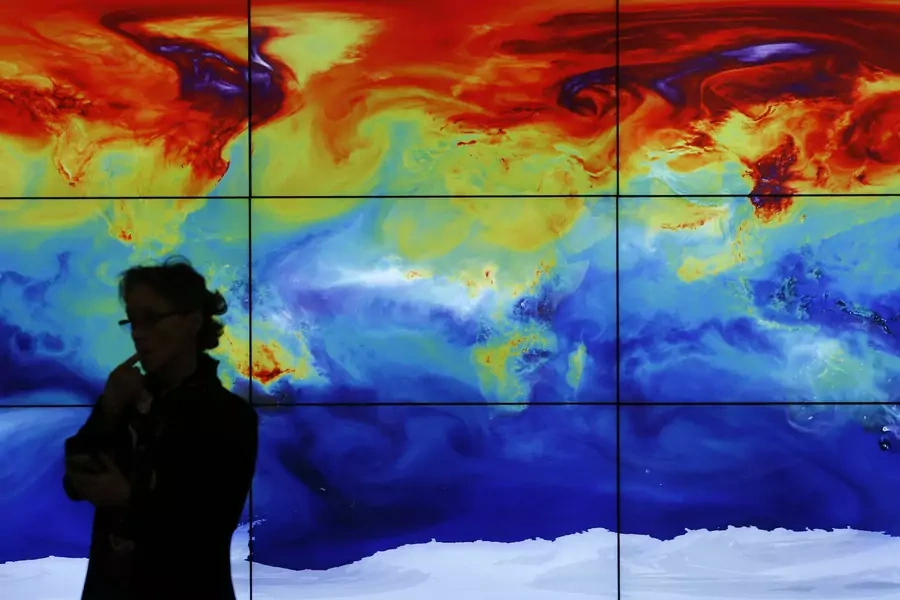Geoengineering Is Inevitable in the Face of Climate Change. But at What Cost?

In my weekly column for World Politics Review, I examine the prospect of altering Earth's climate using geoengineering techniques, as well as the governance implications of such large-scale environmental manipulation.
The world is losing its battle against climate change. Greenhouse gas emissions rose to record levels last year, as countries lagged in meeting their already inadequate pledges under the Paris Agreement. Based on the current trajectory, the warming Earth will blow well past the 2-degrees Celsius ceiling widely agreed to be the maximum acceptable increase in average global temperatures before catastrophic impacts set in. In the face of this looming threat, climate change mitigation and adaptation efforts are necessary but insufficient. Humanity must also consider a third option it has long resisted: geoengineering, or the deliberate, large-scale manipulation of the planetary environment.
More on:
Read the full World Politics Review article here.
More on:
 Online Store
Online Store